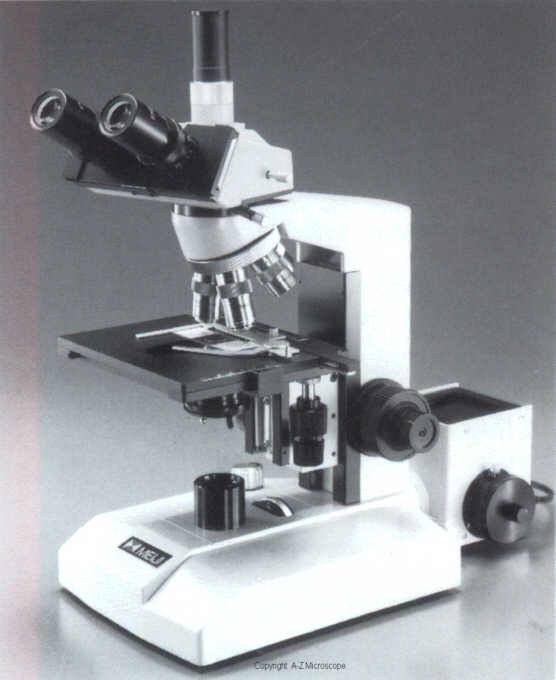

ANTH 495/495G/496/496G
Directed Studies
Dr. Darlene Applegate


Instructor
Dr. Darlene Applegate
darlene.applegate@wku.edu
Office 280 FAC 745-5094
Rock House Lab 745-6511
Course Objectives
Directed Study is available for superior junior and senior students who wish to conduct individual, intensive reading and research in a specific area of anthropology in close cooperation with supervising faculty. Submission of such projects to student sections of regional professional meetings is encouraged.
Upon successful completion of this course, students will
Course Materials
Course materials are selected in consultation with the instructor.
Course Information
This course is offered fall, spring and summer semesters; numbers are
limited each semester, however. Enrollment in this course requires a course
pass, which is obtained in the Department of Modern Languages and Intercultural
Studies in FAC 251 and must be completed in consultation with the instructor.
Signatures of the instructor, the other anthropology faculty, and the department
chairperson are required for the course pass. Once enrolled, meeting
times with the instructor are set up on an individual basis.
Types of Projects
Directed Studies typically take one of two forms, a research project or a research paper.
Research Project
Original research projects involve working with archaeological collections, skeletal collections, human subjects, or nonhuman subjects in order to answer a research question. Under the instructor's guidance, students identify a research question, develop a methodological program for investigating the question, conduct the research, and write a report of investigations.
The instructor is prepared to assist students in completing research in prehistoric archaeology, cultural resource management, bioarchaeology, forensic anthropology, and modern human biological variation. Other possible subjects of study are historic archaeology and primatology.
Previous research projects directed by the instructor are:
Archaeoastronomy at the Shiloh Mounds Site, Tennessee by Michael Blair (1999) [with physics department]Current and upcoming research projects directed by the instructor are:Inventory and Analysis of Prehistoric Human Remains from Crystal Onyx Cave (15Bn20), Barren County, Kentucky by Adrienne Asbell (1999)
Patterns of Prehistoric Landscape Use Along Drakes Creek in Warren, Simpson and Allen Counties, Kentucky by Jennifer Furlong (2000)[Note: Directed Studies in cultural anthropology are supervised by Dr. Lindsey King.]Inventory and Analysis of Prehistoric Human Remains from Rogers Discovery (15Bn55), Barren County, Kentucky by Kimberly Cockrel (2000)
Archaeological Methodology in Cultural Resource Management by J. Mitchell Warren (2000)
Research Paper
Some students chose to do a research paper on a topic of interest to them. Research paper topics are often subjects not offered in our current curriculum or subjects about which students want to learn more (beyond what is covered in class). This project has two components: (1) compilation of an extensive reading list on the topic, and (2) composition of a detailed research paper. Research papers are typically at least 20-25 pages long (excluding supporting material).
The instructor is prepared to direct research papers in archaeology, physical anthropology, and cultural resource management; papers related to linguistic anthropology (especially language and culture) are also possible.
Previous research papers supervised by the instructor are:
The Socio-Economic Impact of Cahokia on the Eastern Woodlands by Elizabeth Manley (1999)[Note: Directed Studies in cultural anthropology are supervised by Dr. Lindsey King.]Mayan Archaeology in Honduras by Martin Schenck (1999)
Methods and Theories of Historic Archaeology by Aaron Kiser (2000).
Academic Dishonesty
"The maintenance of academic integrity is of fundamental importance to the University. Thus it should be clearly understood that acts of plagiarism or any other form of cheating will not be tolerated and that anyone committing such acts risks punishment of a serious nature" (WKU Catalog 1999-2001:28).
Academic dishonesty, including cheating and plagiarism, will be dealt with in accordance with University policy. "Students who commit any act of academic dishonesty may receive from the instructor a failing grade in that portion of the coursework in which the act is detected or a failing grade in the course without possibility of withdrawal" (WKU Catalog 1999-2001:28). Sanctions may also be brought against the perpetrator. Students are responsible for understanding what constitutes cheating and plagiarism; the University descriptions are provided below.
"No student shall receive or give assistance not authorized by the instructor in taking an examination or in the preparation of an essay, laboratory report, problem assignment or other project which is submitted for purposes of grade determination" (WKU Catalog 1999-2001:28).
"To represent written work taken from another source [book, journal, web site, lecture, lab, or other source whether it is prepared by the instructor, a guest speaker, or a classmate] as one's own is plagiarism. Plagiarism is a serious offense. The academic work of a student must be his/her own. One must give any author credit for source material borrowed from him/her. To lift content directly from a source without giving credit is a flagrant act. To present a borrowed passage without reference to the source after having changed a few words is also plagiarism" (WKU Catalog 1999-2001:28).
Students must take special care to exactly quote and/or accurately paraphrase
each source that is cited in a written assignment.
Course Schedule
Specific assignments and due dates for directed studies are designated
on an individual basis in consultation with the instructor.
Syllabus Modifications
The instructor reserves the right to modify anything in the syllabus,
with prior warning via an in-class announcement, during the course of the
semester. Students are responsible for being apprised of any such modifications
and for recording such modifications on their syllabi.
Images from http://www.az-microscope.on.ca/ and http://www.booksprinted.com/
Visit the Western Kentucky University Home Page, Western
Online
Page composed by Darlene Applegate, darlene.applegate@wku.edu
Last updated on June 12, 2000
All contents copyright (c), 2000. Western Kentucky University.